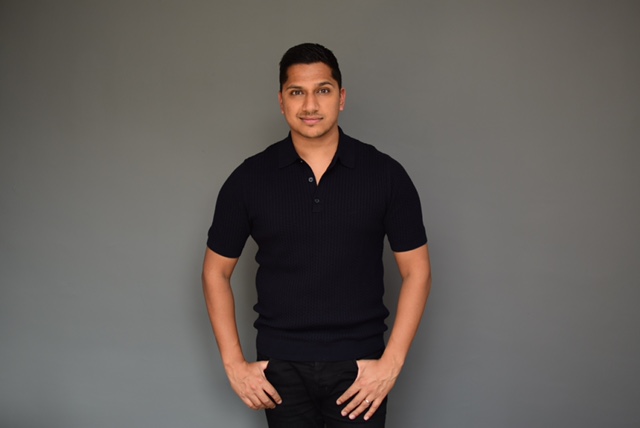One of the most common areas of anxiety I have worked with professionally is with people who have an ongoing health issue. Whether they are ill or having treatment for a condition, they can experience anxiety relating to their health. Other individuals may also experience anxiety for their health even if they are not actually ill.
Anxiety for possible future-based illnesses is something that a lot of people will experience as they worry that they may one day get sick. For the people who have a diagnosed condition, their anxiety can be a daily struggle. Each person is different in what they feel anxious for in relation to their health. It could be their physical health, worry regarding treatment and medication, fear for the worst possible outcomes for loved ones and family, whom they feel they can't fully care for or support.
Whatever the cause of the concern, anxiety can add to your physical discomfort, which can add to the challenge of feeling better mentally and emotionally. One of the difficulties in overcoming health anxiety is that the body can change daily with regards to the symptoms that are being experienced in the mind and body. Added to this, doctors' visits, test results, lack of improvement and even a worsening in one's condition can leave you in a heightened state of anxiety.
Health anxiety mindset
You may feel completely dissociated from the present moment where you struggle to be anywhere but in the world of your thoughts. Even though you are concerned about your body and health, you may mentally feel as though you are out of your body feeling detached, and overly in the space of your thoughts.
At times you may wander off into the future, thinking a variety of outcomes that leave you feeling emotionally low, fearful and even angry. Your emotions may move quickly through the day. The more you overthink, the more emotions you will find yourself feeling.
Overthinking the future, the worse-case possible scenarios and not being present is something that may leave you feeling detached from life. It may feel like an effort to think positively, to turn your focus to hope and healing; however, it can feel like a relief within your body as you direct your awareness away from your anxious thoughts.
Case study
A young healthy mother of three came to see me at my clinic for an anxiety coaching session with regards to her health. This lady was actually in good health however, her anxiety was around constantly fretting that she would get sick and not be able to look after her children. She even feared the worst: that she may die and not see her children grow up.
Even though she was healthy with no symptoms of any illness, and no diagnosis of any illness from a medical professional, she would often find herself checking her body for possible signs of cancer. This would lead her to have anxiety attacks where she felt overwhelmed from the threat of possibly getting ill where she would even visit doctors and have blood tests done to check that she didn't have cancer.
As her mind and emotions raced from thinking she had cancer, to checking her body, from the wait for doctors' appointments, to times where she waited for results, anxiety for her health was something that she had experienced for years. This pattern of behaviour became obsessive for this lady and had grown stronger over time.
One gentleman I worked with became increasingly anxious after having suffered a back injury. A slipped disc led him to need time off work, where he fell behind with deadlines. After working with an osteopath and Pilates instructor, he became stronger, more aligned and had increased flexibility; however, he experienced daily anxiety that he would once again injure his back.
This anxiety transformed the way he lived. He would not carry a thing, which annoyed his wife - particularly when travelling - and he also lost interest in sex. He also became overly cautious with how he moved and how he interacted with his children, lessening his affection towards them from fear he may twist or bend in a way that might lead to a back injury.
How to heal from health anxiety
Self-talk is something that we all naturally engage in, so learn to develop a positive inner voice. From the moment you open your eyes in the morning, begin by activating your inner voice in a positive manner with at least 10 sentences or phrases where you thank your body for all of the positive functions that it performs for you daily.
You may even want to picture and imagine yourself in perfect health. Having this internal representation of your body in the optimum condition can help redirect your mind to a more positive outcome for you to work towards, shifting your focus away from any thoughts of anxiety.
Consider also practising mindfulness. This can help you to feel grounded, relaxed and more in the present space with your physical body.
A daily mindfulness practice and working with your inner voice can help you to create more positive feelings and allow you to feel as though you have more control over your mind.
If your health anxiety is affecting your daily life, consider reaching out for help from your GP and a psychotherapist or counsellor.
Kamran Bedi is the author of The Anxiety Antidote

